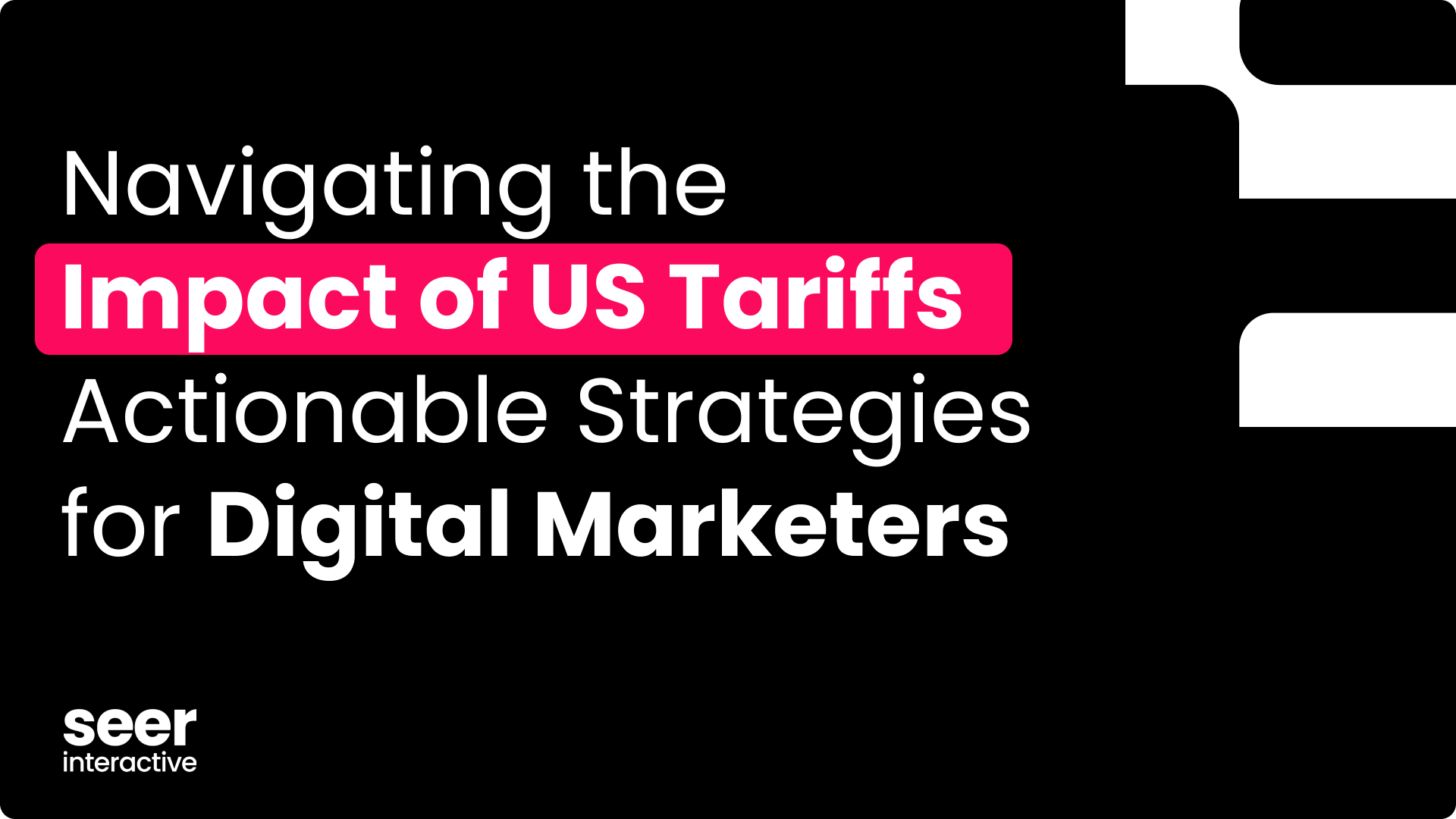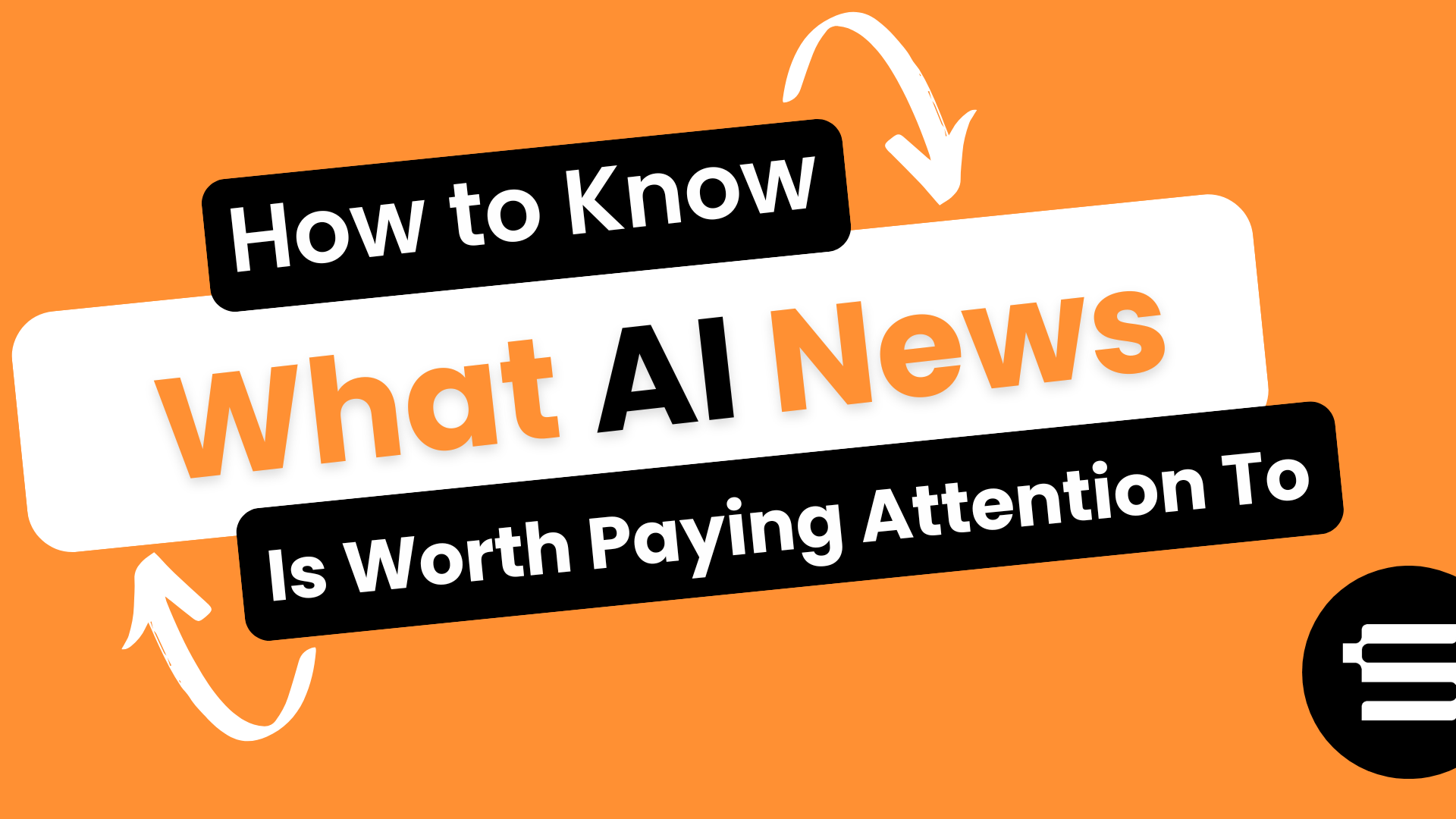When you think of blockchain your mind might think of Bitcoin or DogeCoin (still waiting on my return there) but you might not think about digital marketing and search. However, the world of blockchain extends beyond cryptocurrencies reaching directly into unexpected areas like SEO.
What Exactly is the Blockchain and Why Should I Care?
As you might have guessed, a blockchain is a chain of blocks where each block contains a list of transactions. These transactions represent an exchange of data. This blockchain structure is unique because its:
Decentralized: Not one single entity controls the blockchain - can you see the appeal already?
Transparent: Anyone can view transactions on the public blockchain but identities behind the transactions can remain pseudo anonymized.
Immutable: Once data is recorded on the blockchain, it's extremely difficult to change or delete it. This creates a trustworthy record of transactions.
Secure: The decentralized nature and cryptographic techniques used make blockchain highly secure against hacks and fraud.
You may be thinking by now, okay sounds interesting, but really, why should I care?
The blockchain has potential to revolutionize many industries and that includes Search. Its unique properties introduce the very possibility of decentralized search. To understand this possible shift, it's critical that we understand the very problems with Search that have led us here.
Current Challenges Faced in SEO
Centralization of Search Engines:
Google dominates the search market leading to their centralization of power and influence over web visibility. Sound familiar - *cough, cough* antitrust lawsuit.
Content Authenticity and Plagiarism
With the amount of information available online, it has become increasingly easy for low-quality websites to duplicate or scrape content from authoritative sources, diluting the value of original material. Search engines strive to reward high-quality, unique content, but distinguishing between the authentic creator and plagiarizers can be difficult for algorithms.
Lack of Transparency in Ranking Algorithms
While most of us are familiar with how Google approaches ranking content there are aspects of the ranking system that remain hidden, forcing us to speculate how Google is choosing to rank certain results over others based on the data we do have.
Manipulative Link Building / SEO Practices
While Google has worked to not reward manipulative link-building practices, there are still some issues here. Private Blog Networks (PBNs) create more sophisticated networks that mimic genuine sites that make it harder for Google to detect.
Attribution and Analytics
The rise of privacy regulations like GDPR and changes in browser policies, such as third-party cookie restrictions, have further complicated tracking and data collection. This fragmentation makes it difficult to attribute conversions or sales to specific touchpoints, leading to an incomplete or distorted view of what is driving performance.
But How Could the Blockchain Solve These Issues?
Earlier, I mentioned four characteristics that make the blockchain unique; these characteristics are exactly how the blockchain solves the current challenges we face with our existing search landscape.
Let me break it down for you.
Introduces Decentralized Search
Through the blockchain search engines could operate on a distributed network where no single entity controls the flow or prioritization of information. Users, website owners, and contributors could be directly involved in verifying, indexing, and ranking search results, ensuring transparency and fairness in how information is accessed.
Verifies Authors and Content Ownership
Immutability is one of the core characteristics of the blockchain. With this, content creators could timestamp their work on a distributed ledger, creating an unalterable record of when a piece of content was first published. This timestamp would serve as proof of originality, potentially resolving disputes over who created content first.
This capability could transform how search engines evaluate content authenticity and originality, potentially leading to more accurate attribution in search results and reducing the SEO benefits of plagiarized content or simply restating what is already on SERPs. We are seeing something similar already in Search as Google aims to reward websites that offer content that is unique.
Offers Transparency Into Why Content Ranks
The blockchain could introduce a new wave of transparency that we don’t currently see with Google when it comes to understanding how their algorithm works. This could be done in several ways:
Open-source algorithms: This would allow for the algorithm to be driven and dictated by the community. The algorithm could then be stored on a blockchain, visible to all participants.
Shared decision-making for algorithm changes: Decision-making about algorithm updates could be decentralized through consensus mechanisms. This would allow website owners, users, and developers to vote on proposed changes.
Updated logs: All algorithm updates could be recorded on the blockchain. This would provide a clear, unalterable history of how the algorithm has changed over time.
Sounds nice, right?
Eliminates Manipulative Link Building Practices
Because everything on the blockchain is immutable and traceable, it would make it easier to track the origin and history of links, potentially reducing link spam and rewarding genuine, valuable links pointing to your content.
Improves Data Accuracy
Blockchain can make tracking how well things are working online much better. It does this by:
- Recording every action clearly and in a way that can't be changed.
- Let everyone see the records, so there's no confusion about what happened.
- Giving users more control over their own information.
- Connecting sales directly to the marketing that led to them.
This is different from old ways of tracking, which often had problems with privacy and accuracy. Blockchain could help businesses understand what's working without invading people's privacy.
But before you jump for joy at the thought of this innovative approach to Search, there are some difficulties.
Blockers to the Blockchain in SEO
Let's face it, blockchain technology is pretty cool, but it's not exactly speedy in its current state. That's a big problem when you think about search engines, which have to handle billions of searches daily. And it's not just about speed - running a blockchain-based search engine would be expensive, mainly because of all the work needed to check and add new blocks. On top of that, whether people actually use it could make or break the whole idea. It's a bit of a catch-22 - it needs users to succeed, but it needs to succeed to get users.
How Do You Prepare for Decentralized Search Engines?
So how does SEO function in a world where search is decentralized and transparent? What do you do to prepare for this potential shift?
Create Content That Builds Community
In a decentralized search world, content that fosters community interactions tends to gain more visibility. This is because decentralized systems rely heavily on user feedback and peer validation. Creating content that aims to engage and inform your audience will have a long term impact.
Think of it like a digital ecosystem where quality rises to the top naturally. Unlike traditional search engines where algorithms reign supreme, decentralized search puts the power in users' hands. It's like a massive, ongoing conversation where the most valuable contributions get amplified. Avoid the Sea of Sameness when it comes to content creation.
Explore Ways to Add Blockchain Elements to Your Site
As mentioned earlier, the blockchain serves many different purposes and use cases. There are several aspects that can be used to help perform in decentralized search
- Integrating decentralized identifies (DIDs) to authenticate user interactions which further builds trust with users.
- Tokenization can be used as a reward system for users who engage or contribute on your site. With the rise and popularity of UGC, brands can reward users who contribute reviews or other forms of content on the site.
What Decentralized Search Looks Like Today
Now I’ve done a lot of talking about the possibilities of decentralized search and the benefits it would have. By now you’re probably wondering, is this some fairytale? To that, I’d say no. Decentralized search exists today.
One example is Presearch who has the motto “powered by the community, for the community.” Presearch aims to protect user privacy, reduce censorship, and reward users for their contributions to the network. By leveraging the power of the blockchain, Presearch offers a search experience that prioritizes user autonomy and challenges big tech's control over online information(We’re looking at you Google.). So if you've been hearing about the potential of decentralized search, know that it's not just a dream - it's a reality today with projects like Presearch leading the way.
Let’s take a look at different features of Presearch:
- PRE Tokens: The Presearch cryptocurrency, which rewards users for using the search engine, incentivizing them to switch from other search engines like Google.
- Presearch Nodes: These nodes, which can be set up on computers or servers, provide the computing power for the search engine. Node operators earn PRE tokens as rewards.
- Keyword Staking: Advertisers can bid on specific keywords using PRE tokens. The advertiser with the highest token stake for a keyword gets their ad shown to users.
- Ad Placements: Presearch offers various ad formats and placements, allowing businesses to increase their visibility on the platform.
- Ethereum Blockchain: PRE tokens are built on Ethereum, making it easy to transfer, buy, sell, and track tokens with full transparency.
Additionally, you can see exactly where Presearch is headed because they provide a roadmap directly available on their site.
Presearch, while not yet widely adopted, represents a compelling vision for the future of online search. Right now, Presearch is kind of a small player in the search world. But think about it - as more people start caring about their online privacy, they might start looking for alternatives to the big search engines we all know. That's where Presearch could really shine. Now, if this takes off, it's going to shake things up for businesses. They might need to rethink how they get noticed online. Instead of just focusing on traditional SEO, they might have to consider things like getting community approval or figuring out how to use those token rewards effectively. It's a whole new ballgame for marketers and SEO experts. They'll need to stay on their toes, learning new ways to measure success and engage with users in these decentralized systems. It's all about adapting to stay relevant in this changing space.
We’re Not There Yet…
While there is great promise in this type of search engine, we’re not quite there yet. Current search engines are heavily reliant on centralized algorithms with vast data centers. However as technology advances and more people continue to value privacy, it’s possible we will see these search engines change over time.


